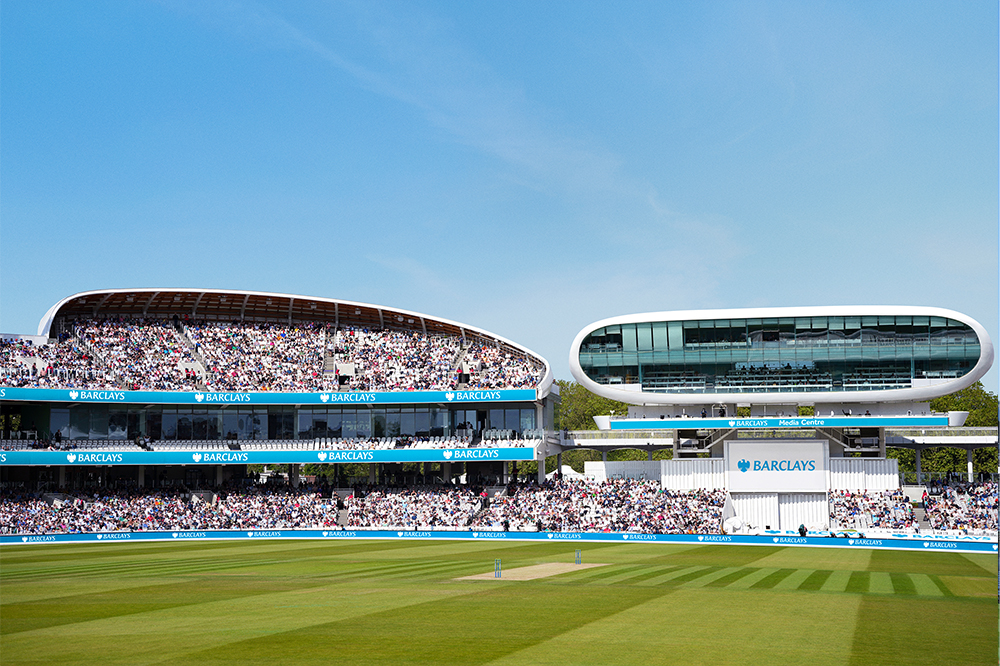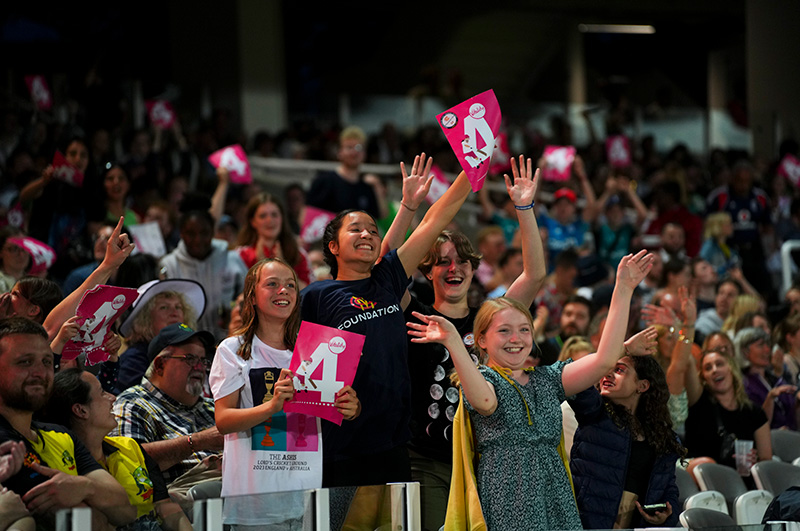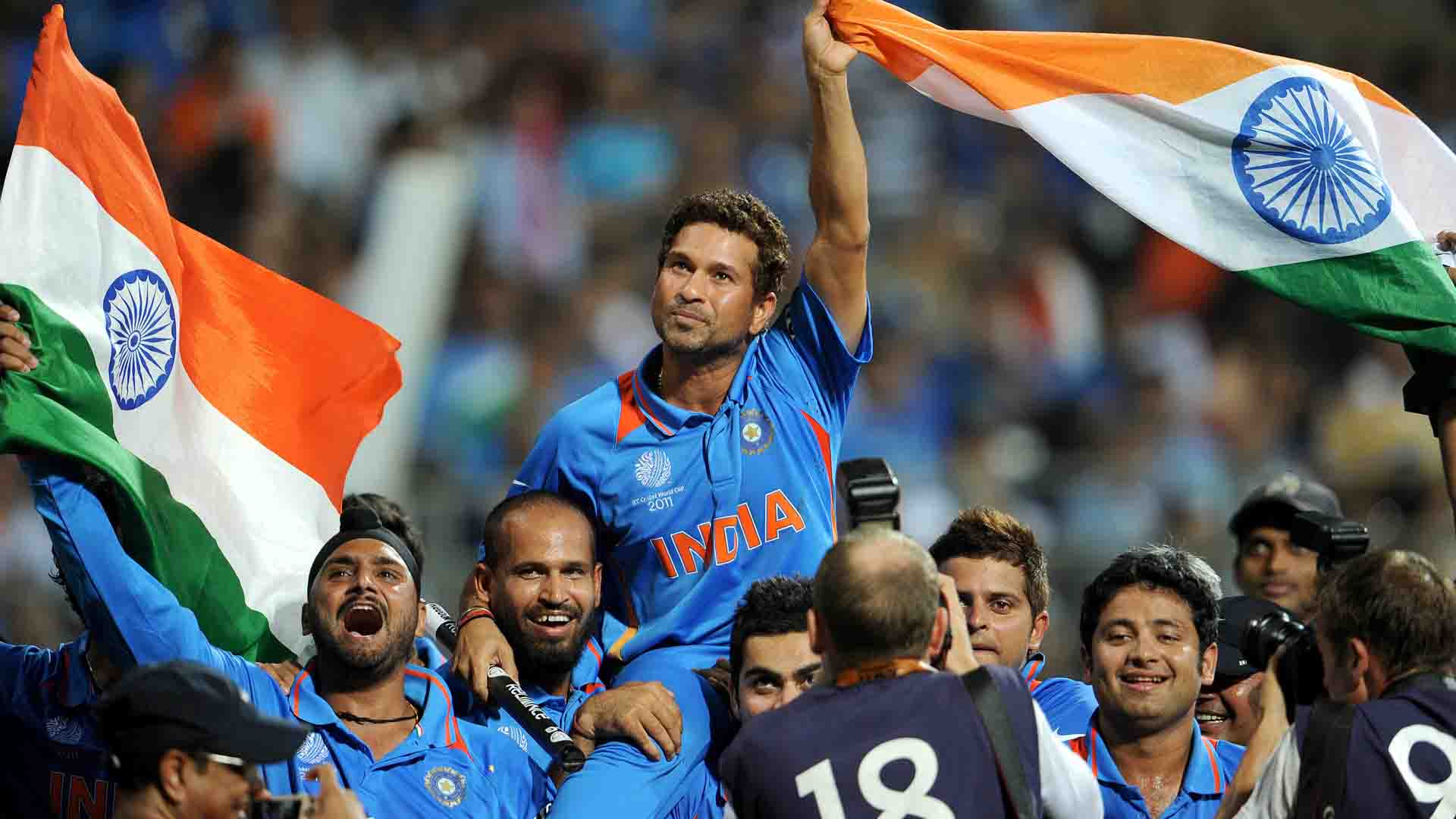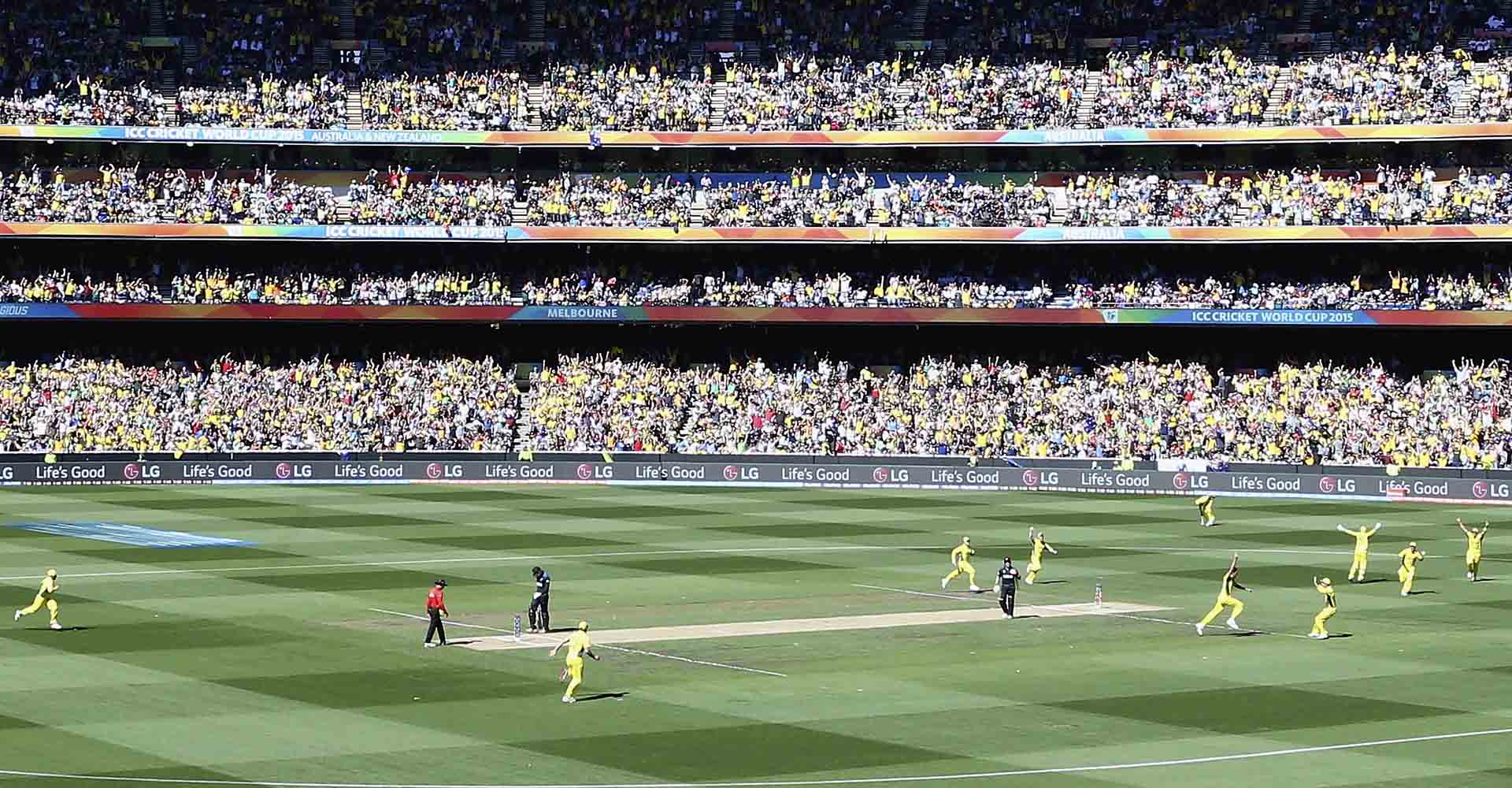World Cup Finals Part 1: The Prudential Cup Era
read story
Come here to find all the information you need to help you plan your visit to the Home of Cricket, the latest news from the Ground and to book your event.

We’ve got a wide variety of formats covered with an exciting line up of matches to get your cricket fix.
Whether you like red or white ball, domestic or international, or men’s or women’s cricket, Lord’s will have the perfect cricket experience for you, your family and friends.

Marylebone Cricket Club is the world’s most active cricket club, the owner of Lord’s Ground and the guardian of the Laws of the game. Find out more about the history of MCC, our work in the Community and the famous Lord's Museum.
FIND OUT MORE

Step closer. Your new digital platform at the Home of Cricket.
Subscribe now for early access to selected international matches, exclusive content, coaching masterclasses and many more discounts and offers.
Your access to Lord's like never before.

Marylebone Cricket Club is one of the World's most active Cricket Clubs, the owner of Lord's Ground and the Guardian of the Laws and Spirit of the Game.
With around 200 full time staff members covering a wide range of sectors - from IT to Chefs to Pavilion Stewards - there is a role at the Home of Cricket for everyone.

Posted: 4 July 2019
With the 2019 Cricket World Cup final at Lord's fast approaching, MCC Archivist Rob Curphey looks back at previous World Cups finals.
For this tournament, 14 teams competed in two groups of seven, with the top four qualifying for the quarter-finals. The defending champions Australia came into the tournament looking to make it four triumphs in a row, but were defeated in the quarter-finals by co-hosts India.
The final saw a meeting between the last two tournament runners-up, India and Sri Lanka, played in front of 42,000 spectators at Mumbai’s Wankhede Stadium and around 1 billion viewers in India alone.
The final began in unusual circumstances, as at the toss, India’s M S Dhoni threw the coin and Kumar Sangakkara called what Dhoni thought was tails, but the excessive crowd noise made it difficult to hear what was called.
Both captains, who for the first time in finals were also wicket-keepers, thought they had won the toss and chose to bat before match referee Jeff Crowe intervened, calling for the toss to be redone. The toss was won by Sri Lanka at the second time of asking, who decided to bat.
Sri Lanka lost one of their openers quickly (Tharanga) but recovered with useful innings by Dilshan, Sangakkara, Kulasekara and most importantly, Mahela Jayawardene, who scored 103 not out from 88 balls, which helped propel Sri Lanka to a total of 274-6 from 50 overs, leaving India to achieve the highest run chase in the history of the final in order to win their second title.
India started badly in their reply when opener Virander Sehwag was given out lbw to a ball by Lasith Malinga. His partner, Sachin Tendulkar, who like Sehwag was one of five survivors from the side which lost to Australia in the 2003 Final, was caught by Sangakkara from Malinga’s bowling for 18, to leave India at 31-2 in the seventh over.
Virat Kohli, who would become India’s captain for the 2019 World Cup, then joined Gautam Gambhir at the crease, and the pair put on 83 for the third wicket before Kohli was caught and bowled by Dilshan for 35. This paved the way for the captain M S Dhoni, promoting himself up the order instead of Yuvraj Singh, to play the innings of his life.
Both Gambhir and Dhoni put together a partnership of 109 before Gambhir was bowled by Tissara Perera for 97, leaving India with a requirement of 52 to win from 52 balls. Yuvraj Singh, Player of the Tournament, joined Dhoni at the crease and they combined to win the game for India, Dhoni hitting a six to finish the match to finish on 91 not out as India won the match by six wickets.
India were the first host nation to triumph in the tournament at the tenth attempt
By winning India were the first host nation to triumph in the tournament at the tenth attempt – a surprising statistic given that the inaugural Women’s World Cup, as well as the equivalents in rugby and football, were all won by the hosts first time out.
Jayawardene became the only player to score a century in a final and not end up on the winning side.
India’s triumph was particularly sweet for Tendulkar, who made his ODI debut in December 1989 and finally won a World Cup at the sixth time of asking, and was chaired around the Wankhede Stadium by his teammates.

The format remained the same as in 2011: two groups of seven with the top four moving into the quarter-finals. The co-hosts, drawn in the same group, breezed through the round robin stage – the only defeat for either side coming when Australia lost to New Zealand dramatically by one wicket in Auckland.
In the semi-finals, Australia defeated the holders India by 95 runs at Sydney, while in the other semi-final, arguably one of the World Cup’s greatest ever matches took place.
In what was immediately regarded as the best cricketing moment in New Zealand’s history, Grant Elliott, playing against the country of his birth, scored a six off the penultimate ball of the match to defeat South Africa by four wickets, again at Auckland. This meant that New Zealand would play in a World Cup Final for the first time, and become the first final debutant since Sri Lanka in 1996.
The final was played at Melbourne Cricket Ground, hosting the showpiece occasion for the second time, in front of 93,013 spectators. In a tournament largely remembered for huge scores – six scores from the tournament were among the ten highest in World Cup history – the final was rather a low-scoring affair by comparison, and its decisive moment came in the very first over.
Captain Brendon McCullum, who won the toss and decided to bat, was bowled by a yorker from Man of the Tournament Mitchell Starc.

Further dismissals of Martin Guptill and Kane Williamson left New Zealand on 39-3 but then Ross Taylor and Grant Elliott gave New Zealand hope by putting on a partnership of 111 for the fourth wicket, but once Taylor was caught by wicket-keeper Brad Haddin from the bowling of James Faulkner, New Zealand collapsed from 150-4 to 183 all out, with five players failing to score a single run.
Faulkner took three wickets in New Zealand’s innings, a feat that enabled him to receive the Man of the Match award, while Elliott was New Zealand’s top scorer with 83 from 82 balls.
Australia came out to bat knowing that they required 184 – exactly the same score that West Indies could not chase down in the 1983 final - to win their fifth ICC World Cup title.
In the second over, opener Aaron Finch was hurried by Trent Boult into a leading edge – a wicket that meant Boult was the joint highest wicket-taker in the tournament, tied with Starc.
But New Zealand struggled to pick up further wickets; by the time captain Michael Clarke was bowled by Matt Henry for 74, the Australians were eight runs short of victory. It was left to Steve Smith (56*) to hit the winning boundary to seal Australia’s triumph by seven wickets.
Clarke, who played in the 2007 final and took two wickets, had announced the day before the final that the match would be his last one-day international. He dedicated Australia’s triumph to team-mate Phillip Hughes, who tragically died four months earlier, before receiving the trophy from ICC chairman Narayanaswami Srinivasan